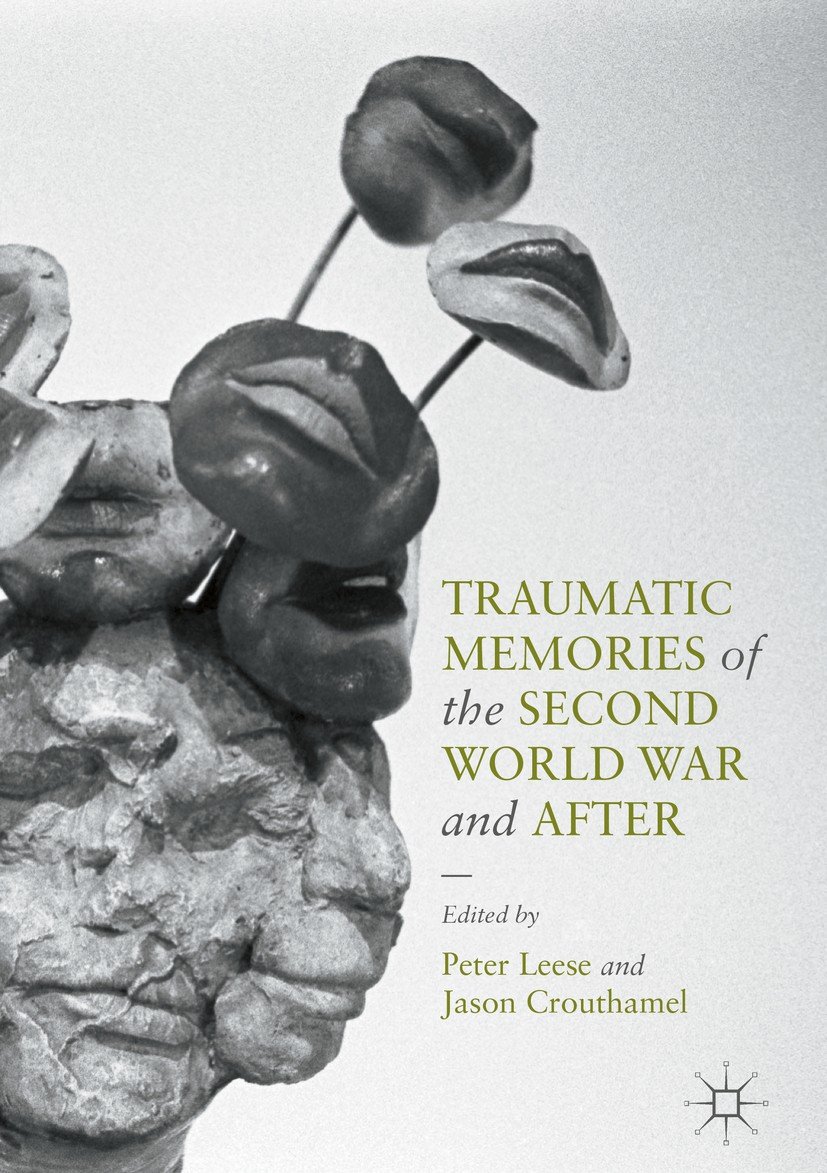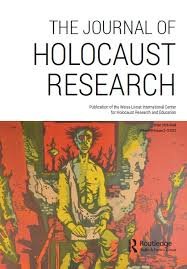Publications
Ever since the western advent of modern policing in the mid-1800s, government and civilian agencies alike have attempted to reform security services and to deradicalize police officers with the hope to produce fair and impartial civil servants and hence build public trust. This essay surveys international efforts to combat extremism in law enforcement in recent history. The intention is to situate the problem in its proper global and historical context and to highlight strategies that might be adapted for effective usage in the United States today.
CHAPTER
This article critically reexamines denazification narratives, arguing that the ubiquitous use of questionnaires to determine culpability unintentionally, if predictably, created a giant mechanism for renarrating individual lives in ways that emphasized one’s innocence. It illuminates the workings of innocence as a strategy of remembrance.
ARTICLE
CHAPTER
This comparative study challenges longstanding assumptions about the nature of French military government by accessing newly declassified archival materials. It shows that French denazification programs were decentralized and malleable, and also that the screening bureaucracy was striking similar to those of the other Allied nations.
This chapter considers the psychological and social consequences of denazification, particularly as they relate to community relations, emotional wellbeing, memory, and identity. It shows how war trauma was manipulated for social and political ends and how deceit and denunciation, seemingly sanctioned by the state bureaucracy, made it exceedingly difficult to reframe individual life stories and to reconnect communal bonds.
CHAPTER
ARTICLE
This forum article addresses the fraught relationship between technology and representations of the Holocaust by examining the ethical dilemmas and opportunistic possibilities of a developing virtual reality tool for teaching and learning. Its focus is a pilot project at Rowan University, which seeks to balance the immersive nature of virtual and augmented realities with best practices, robust student engagement, and historical accuracy.
CHAPTER
CHAPTER
CHAPTER
“Crimes Committed by Soviet Soldiers against German Civilians, 1944-1945: A Historiographical Analysis.” Journal of Military and Strategic Studies 10:4 (Summer 2008): 1-33.
ARTICLE
BLOG
OP-ED
BLOG
OP-ED
INTERVIEW








